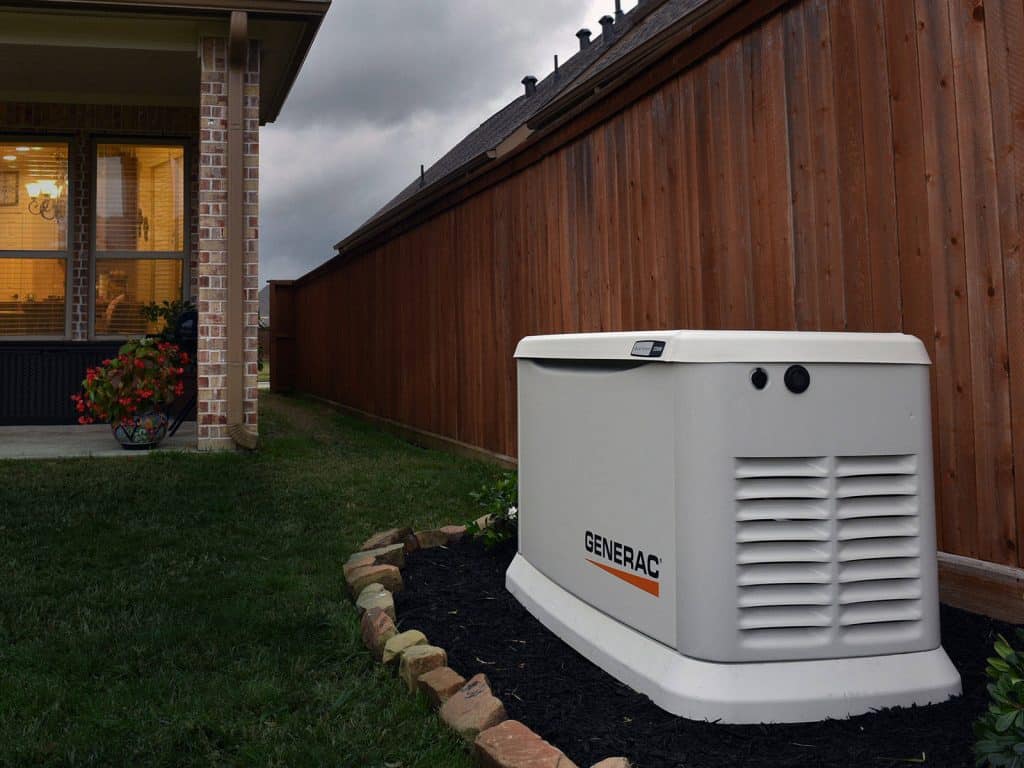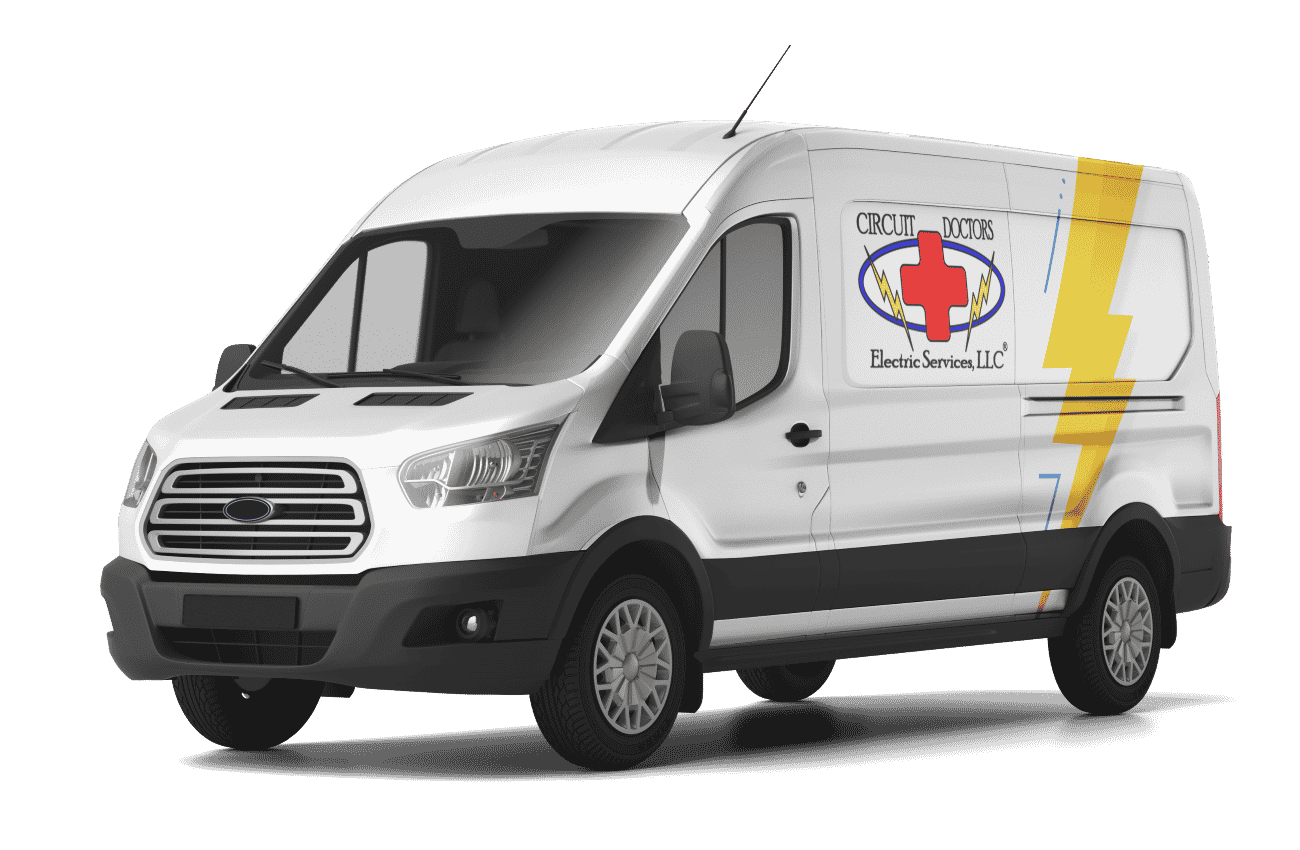If you have recently suffered from an extended power outage in your area, it is easy to think that a generator would have solved all of your problems. But homeowners must understand the correct use of a generator and what they can expect to get for their money when investing in a portable model or a whole home backup power solution.
The Proper Use Of A Portable Generator
As a rule, portable generators are the ones that you see in the big box stores that are mounted on a frame with wheels. These are also the units that can be found on many construction sites. And while these are handy tools, they are not a solution to powering your entire home. And when misused, they can be lethal.
The most important rule to remember is that these portable units need to be used outdoors. They cannot be run in an enclosed space. The exhaust produced is filled with carbon monoxide. It will quickly saturate the air in an enclosed space and result in carbon monoxide poisoning. And because the machine is operating outside in what could be moist conditions, be sure that it has GFCI protection on the outlets.
Finally, these units are suitable to power a few appliances like your refrigerator and a space heater. But they are not capable of providing power to your entire house. And they are also not designed to back feed electricity through the electrical system in your home. If this is done without a professionally installed transfer switch, you could put your neighbors and anyone working on the power lines in danger of a severe electrical shock or death.
Additional Safety Tips When Using A Portable Generator
When you are using a generator, you will need to place it close enough to your house to reach it with an extension cord. But you also need to be sure that the cord and the generator are protected from snow, rain, and moisture. And because the exhaust fumes contain carbon monoxide, you also need to keep the generator away from any doors and windows of your home. The exhaust could seep into your home and create a life-threatening hazard for you, your loved ones, and your pets.
If your home does not already have carbon monoxide detectors, it is a good idea to install them. And if you are considering the purchase of a portable generator to use in future power outages, then the CO2 detectors should be purchased with the generator and installed immediately as a safety precaution.
Whole House Backup Power Solutions
If you live in an area with frequent power failures or issues, then a backup generator is a wise choice. These specially designed units can power everything in your home, from your appliances to HVAC systems. Depending on the season, having heating or cooling can be life-altering after a severe storm that knocks out local power.
These standby generators are permanently installed pieces of equipment that run off natural gas, propane, or diesel fuel. When your trusted electrical contractor installs the generator, there is also a transfer switch installed. When your standard power fails, the generator will automatically turn on and supply power to your home. Your electrician will work with you to determine the precise size needed to best meet the needs of your home’s electrical demands and your budget.
To learn more about portable and standby generators for your home, call (703) 463-9866. A licensed electrician from Circuit Doctor will visit your home to help you decide which device will best meet your needs.


